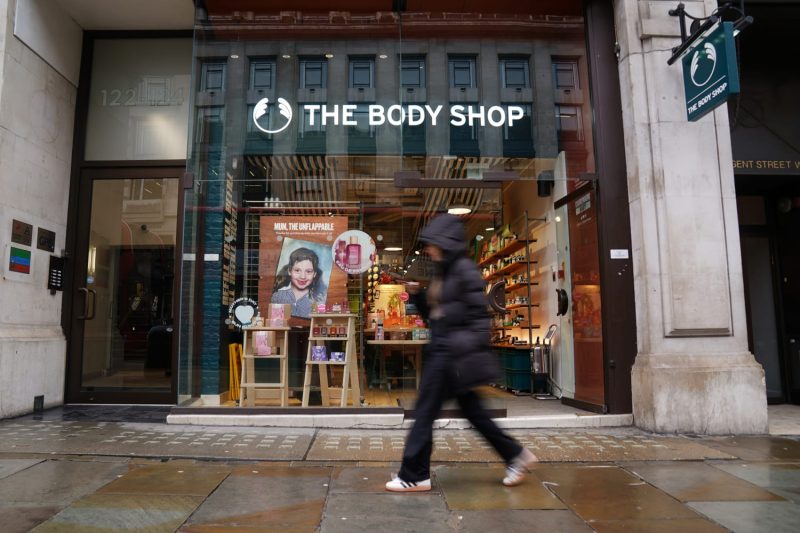The Body Shop, globally renowned for its ethically-produced and cruelty-free beauty products, has recently announced it is closing most of its US-based stores and filing for bankruptcy. The heartrending decision comes as a disappointing outcome for the buyers who appreciate the brand’s commitment to sustainability and social responsibility in various aspects of their business operations.
Reports signified that the company had been grappling with financial issues due to numerous factors, including an increasingly competitive market, high rental costs for retail outlets, and changing consumer behavior, especially with the surge in online shopping. Supply chain disruptions and reduced foot traffic due to the COVID-19 pandemic also amplified the business’s financial challenges, leading to the ultimate decision to file for bankruptcy.
Since its inception in 1976, The Body Shop set a radical new model for beauty brands by placing ethics at the heart of its business, from fair trade to animal rights, promoting societal and environmental wellbeing. Its philosophy has primarily revolved around ‘Enrich Not Exploit,’ reflecting their commitment to enrich the product, people, and the planet. The bankruptcy news undeniably strikes a sobering note among the consumers, underscoring the mounting pressures on retail businesses.
While the move to shutter US stores seemed drastic, it formed part of the company’s strategic realignment to navigate through the challenging landscape. The bankruptcy filing affords the brand an opportunity to restructure its economic model, enabling it to stabilize operations and reallocate resources efficiently. The management is expected to take a hard look at the brand’s operations, store locations, and possibly pivot more towards e-commerce, suggesting an attempt to sync with the retail industry’s ever-evolving dynamics.
Despite the heartbreak among loyal customers, there’s a silver lining as The Body Shop is adapting to how we shop in the digital age. Despite the US store closures, the brand indicates that it will continue to offer its products to American consumers through its online platform. The shift to the digital marketplace mirrors the overall trend in the retail arena and reflects an adjustment to the current and post-pandemic consumer behavior.
While it’s a bittersweet moment for The Body Shop, the brand’s ideological fervor and commitment to sustainability, equality, and ethical sourcing remain steadfast, fueling its resolution to overcome the current economic hurdles. The bankruptcy doesn’t symbolize the end, rather an opportunity to adapt, innovate, and grow.
In the meantime, loyal fans of The Body Shop in the US can rest assured. Though there will be fewer physical stores, the full product range will remain available online. The shift towards a more digital-focused business model is reflective of a broader trend within retail, suggesting that while the look of the high street is changing rapidly, brands like The Body Shop continue to thrive and survive in this new landscape.




